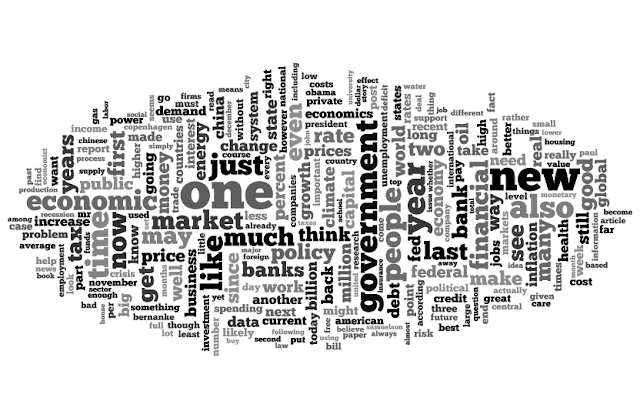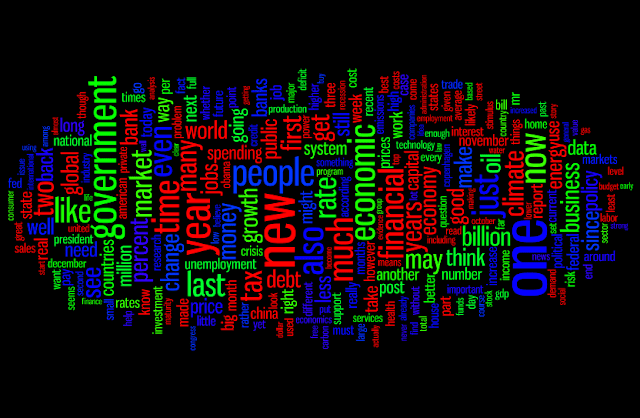Heidegger versus God
Found by Google Alerts on a blog called " Christians in Context ": Let me sketch one point this book defends. Heidegger argued that modern technology in its very essence is radically differentiated from pre-modern technology. He calls pre-modern technology technique, and goes on to explore what this newly-arrived word 'technology' actually signifies. To risk oversimplification, here is what technology means: it is the interpenetrating of knowing and making , the co-penetration of science and art, which for the modern world means that our science is inescapably 'folded' not just toward increasing information (i.e. describing the world, its causalities, etc) but also increasing power over the world. I never knew this was in Heidegger - but a followup search shows me that it's a phrase commonly ascribed to him (presumably in translation). Anyway, it perfectly encapsulates why I named this blog. My first reading of the paragraph above was that it is entirel





